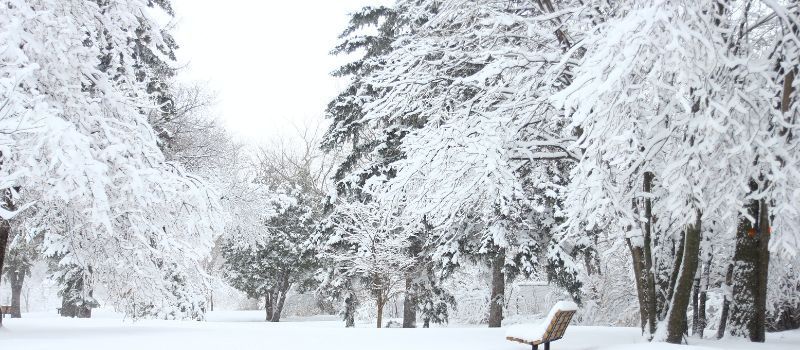During winter, you need to be prepared for many surprises. From snowfall to frozen pavements, it’s one of the most unpredictable seasons of the year.
Before we face the unpredictability, we’ve found the five most interesting facts that you need to know about winter.
1) Winter x2
Depending on whether you love or loathe winter, finding out there’s actually two winters may make or break your day.
First, there is the astronomical winter. This is defined by the Earth’s orbit around the Sun.
The start day for the astronomical winter is in line with the winter solstice. This is normally the 21st or 22nd of December.
The other type of winter is the meteorological winter. The meteorological winter starts on the 1st of December, and is used to record climate data, as there needs to be a set date to compare data.
2) Wet vs dry snow
Snow is the hallmark of wintertime, but have you ever thought to yourself, why is one day of snowfall different to another?
You’ll often find snow is either dry or wet. Which means it either sticks together or is loose and powdery.
Wet snow will commonly fall when temperatures are above 0 °C. When the snowflakes fall, they melt around the edges and will stick together, forming large flakes.
Dry snow fall commonly falls in dry, cool atmospheres and will form smaller and powdery flakes. It’s harder for this type of snow to stick together.

The main question you’re probably thinking about right now is which type of snow is better for building snowmen. Well, wet snow is better for building snowmen as it sticks together easier. Dry snow is better for skiing.
3) Coldest winter temperature
Winter is cold. There isn’t much more to say than that, but sometimes temperatures hit record lows.
The coldest recorded temperature during winter in the UK is -27.2 °C. If you think being hit by this temperature once is bad, spare a thought for the village of Braemar. The Scottish Highlands village has experienced this temperature twice.
4) Earth is closest to the Sun in winter
Given the weather in winter, you’d be forgiven for presuming that the earth and sun are further apart during our coldest season. Well, that’s incorrect.
Around the 3rd of January every year, the earth is the closest to the sun. On the 5th of July, the earth is the furthest away from the Sun.
5) The origins of winter
The word winter comes from the Germanic wintar which in turn is derived from the root wed meaning 'wet' or water', and so signifies a wet season.
In Anglo-Saxon cultures, years were counted by the winters, so a person would be 'two winters old' instead of ‘two years old.’






